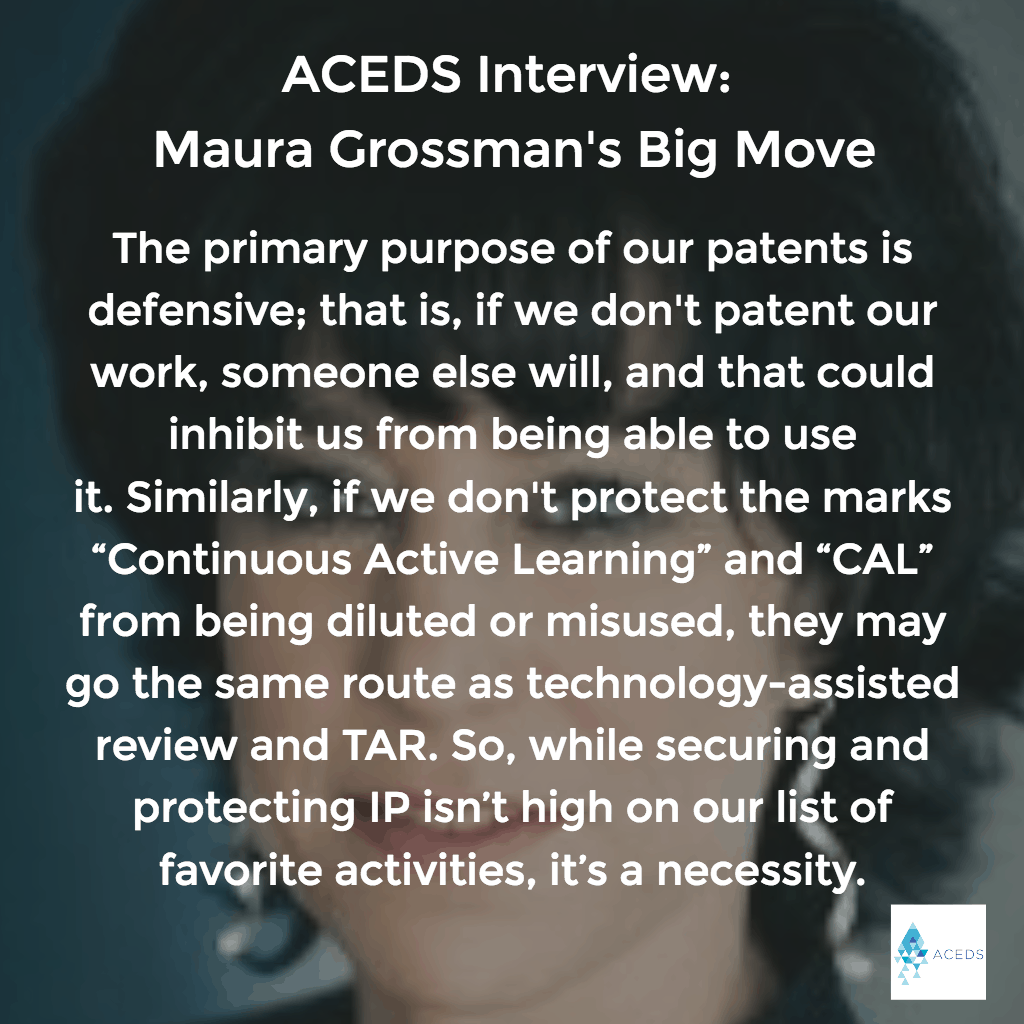ARCHIVED CONTENT
You are viewing ARCHIVED CONTENT released online between 1 April 2010 and 24 August 2018 or content that has been selectively archived and is no longer active. Content in this archive is NOT UPDATED, and links may not function.
Extract from article by Jason Krause
When Maura Grossman speaks, people listen. In 2011, she was already known as a leading e-discovery attorney and litigator. But her influence exploded when she released research with co-author Gordon Cormack, a computer science professor at the University of Waterloo in Ontario, that concluded software using predictive-coding technology can do as good a job of sifting through documents as human reviewers. The paper, called Technology-Assisted Review in E-Discovery Can Be More Effective and More Efficient Than Exhaustive Manual Review in the Richmond Journal of Law and Technology, has been widely cited in case law, helping to pave the way for predictive coding in litigation.
In her work with Cormack, she helped popularize the term Technology Assisted Review (TAR), a term that she now fears may be losing meaning as vendors scramble to join in the predictive coding revolution. She has also been a leader with the National Institute of Standards and Technology’s Text Retrieval Conference (“TREC”), studying the effectiveness of computer-assisted review, and was instrumental in bringing artificial intelligence into use at her firm, Wachtell Lipton. She and Cormack have since developed a process called Continuous Active Learning, in which a computer uses machine learning techniques to find responsive documents in a collection, for which they have earned several patents.
Read the complete article at ACEDS Interview: Maura Grossman’s Big Move






















